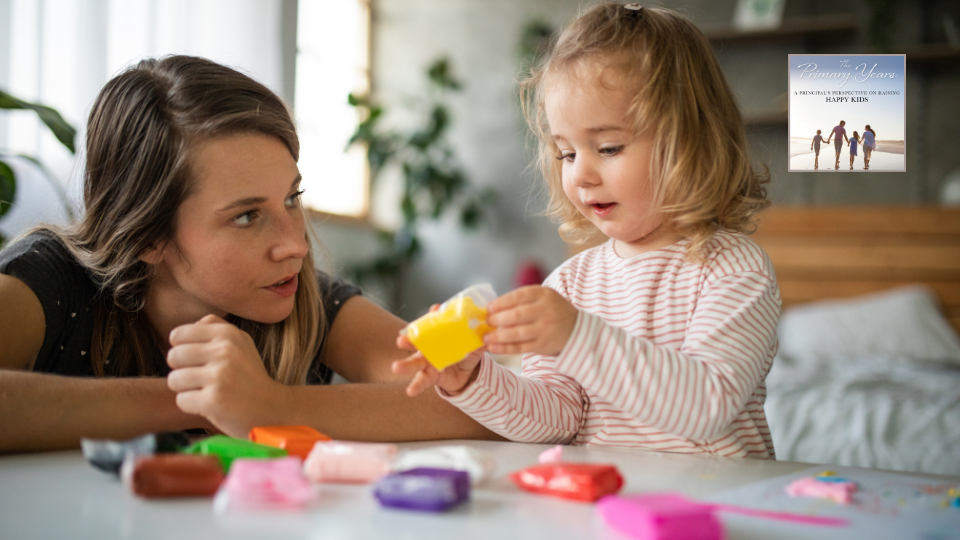Why Small Moments Matter with Children
Think it takes a lot of time to make a big impact? Think again. Gail Smith reveals that short, intentional moments of connection can be more powerful than long, drawn-out experiences. The secret is to become an opportunist of connection. Seize those little chances to truly engage with your child when they appear. Every single one counts, adding a vital piece to the grand mosaic of your relationship.
It's pleasing to know that just small moments with your child can make all the difference. In fact, that can often have a greater impact than longer, more protracted experiences.
Consider some of the benefits:
Children open up when the pressure is low.
In the car, walking the dog, or cooking together, children are more relaxed. These “side-by-side” moments feel safer than formal sit-down talks, so they often share more of their real thoughts.
Trust grows in little doses.
A smile, a hug before school, or a quick “tell me one fun thing from today” builds a steady rhythm of connection. Children learn they can count on you being present, even in small ways. Being present is a gift to your child.
Short moments are easier to repeat.
Big family outings are special, but they’re rare. Small rituals like a bedtime chat, a silly joke at breakfast happen daily, and it’s the repetition that strengthens the bond. Children love to look forward to such occasions.
Children remember how you made them feel.
They may not recall every lesson you teach, but they’ll remember that you listened, laughed, or cared in those in-between times. Feelings last longer than facts.
Small moments fit into real life.
Parents are busy. You don’t need hours of “quality time” to make a difference. A two-minute check-in can be more powerful than an afternoon spent distracted. It is also more realistic in our busy world.
They shape everyday learning.
From counting apples at the supermarket to wondering why the moon looks different tonight, children learn best in short, natural conversations. It's just the way they learn. So much is learnt on the run.
They show children they matter.
When you pause to notice their drawing, or ask their opinion, you’re telling them: “What you think and feel is important.” That message builds self-worth. Little by little, your child comes to understand how you value them.
Be an opportunist. When you see a chance to truly engage with your child, simply take it. All those little moments count to form the bigger picture.
“One day, I hope my children look at their own children and think, “So this is how much she loved me”

